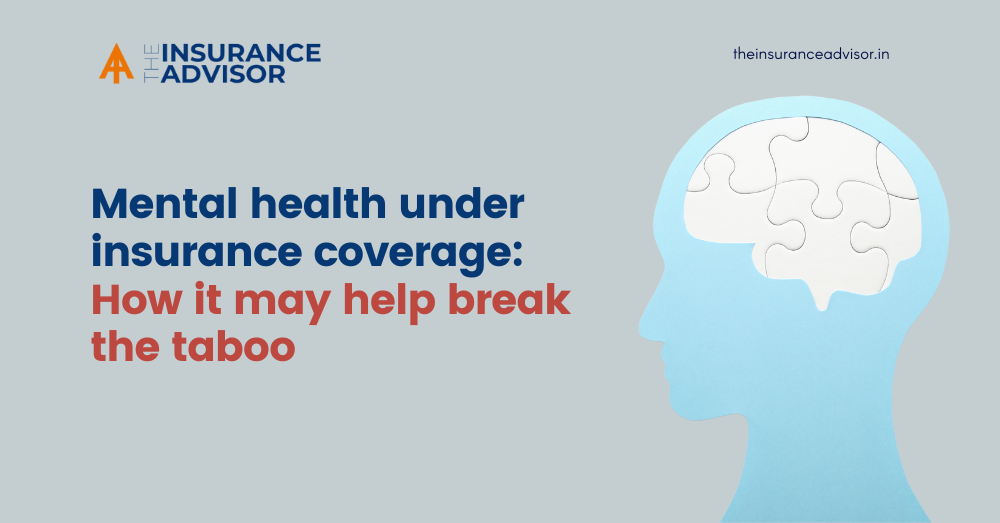“All insurance products shall cover mental illness and comply with the provisions of the MHC Act, 2017 without any deviation. Insurers are requested to confirm compliance before October 31, 2022,” IRDAI said.
According to the Mental Healthcare Act, 2017, every insurer needed to make provision for medical insurance for treatment of mental illness on the lines of that available for treatment of physical illness. Following this, in August 2018, IRDAI had directed all insurance companies to comply with the provisions of the act with immediate effect and mandated that insurers must not discriminate between physical and mental ailments.
But industry insiders say that while public sector undertaking (PSU) health insurance providers had made the provisions for offering cashless hospitalisation for mental ailments, many private health insurance products did not have the offering, though in some cases the provisions were made on request.
The fresh directive, therefore, has come as a welcome push to expand coverage.
“With this initiative, everyone will have mental illness covered and accessible treatment,” pointed out Abhishek Mahato, principal officer with Pazcare, an employee benefits and insurtech platform. “It is good to see authorities break taboos by treating mental health as equal to physical health.”
India’s mental health burden
The World Health Organisation estimates that the burden of mental health problems in India is 2,443 disability-adjusted life years (DALYs) per 100,000 population and the age-adjusted suicide rate per 100,000 population is 21.1. The economic loss due to mental health conditions between 2012 and 2030 is estimated at $1.03 trillion.
A study published in The Lancet in 2019 showed that a whopping 14 percent of India’s population suffered from mental health ailments, which included 45.7 million of those suffering from depressive disorders and 49 million from anxiety disorders.
It has been estimated that the COVID-19 pandemic has further accentuated this mental health crisis, with reports indicating that the fear of the pathogen, associated lockdowns and the economic fallouts have made things worse for people, mainly younger individuals.
‘May change health-seeking behaviour’
According to Samir Parikh, director, mental health and behavioural sciences with Fortis Healthcare, the recent development is a significant one as it sends out the message that mental health is integral to health.
“On top of it, it will help change health-seeking behaviour, reduce hesitation and inspire healthcare providers to offer more programmes focusing on mental health,” Dr Parikh stressed.
Hospitalisation due to mental illness was covered by most top-tier insurers like the large PSUs by default. Around 30 percent of the insurers already had provisions for this. The rest of the insurers used to add this cover on request basis.
Silver lining
Kersi Chavda, a consultant psychiatrist with PD Hinduja Hospital in Mumbai, pointed out that mental illnesses will need to be looked after for a very long time period.
“So we are talking about people who will be taking medications or therapy for a long time period. Not surprisingly then, it becomes a little difficult if one does not have insurance because sometimes these are expensive medications and therapies,” he said.
In addition to that, insurance can be extremely beneficial for a person who needs to be hospitalised due to mental illness, according to him.
Certain procedures such as electroshock therapies including repetitive transcranial magnetic l stimulation or transcranial direct current stimulation are extremely beneficial, said Dr Chavda, and if the patients who have or are taking a health cover know that it can be covered under the policy, it makes things so much easier for them.
Challenges ahead
According to Dr Chavda, one of the biggest complications in psychiatric practice is a person who has attempted to kill himself, and when such a person recovering in an intensive care unit says that they have a psychiatric problem, insurance companies do not pay for it.
“This needs to be remediated so that the patients who have major psychiatric issues have access to insurance and its benefits,” he stressed.
According to Bhabatosh Mishra, senior executive with Niva Bupa Health Insurance, the real challenge may be that nearly all health insurance products in India are in-patient-centric whereas most mental health conditions need out-patient treatment.
This, even when mental health conditions are covered in health plans, limits the value with regards to these conditions, he said.
Dr Mishra, however, added that some insurers like his own company are now launching products with out-patient coverage and customers will find them useful.
“While purchasing any health insurance product, people should check if the product has any sub-limits for treatment of mental health conditions,” he suggested.
